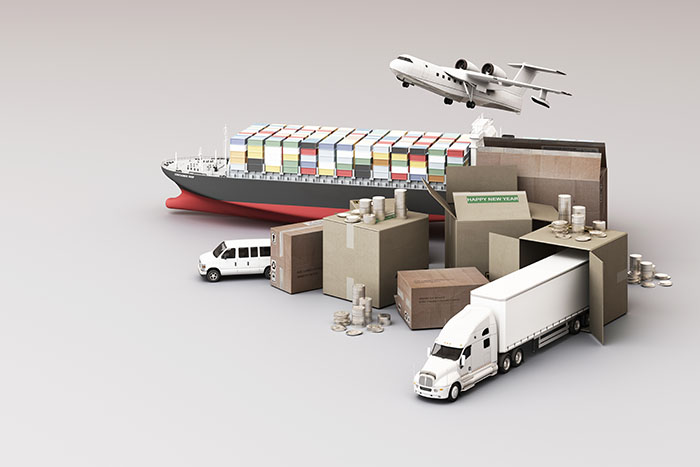You have two alternatives when exporting cargo freight abroad: air freight or sea freight. There are a few factors that go into the decision of how to deliver your cargo overseas. The urgency of the cargo freight, the physical characteristics of the cargo and its contents, the budget and freight costs, the special handling requirements, the value of the cargo freight, the frequency of such deliveries, and not to mention the weight and volume of the cargo, are just a few of the many determining factors. You will pick how to dispatch your goods based on all of these considerations.
In some situations, it’s possible that these criteria will contradict with one another, in which case you, the shipper, will need to take prompt action. For instance, even though you may need the items to be delivered immediately, they might not be allowed to be shipped via air freight owing to rules or they might not have enough money in the budget.
The following things must be taken into account while deciding how to deliver your cargo freight, among other factors.
Your Cargo Freight’s Nature
The kind of transportation you choose will depend on the kind of cargo you intend to send. The obvious choice for shipping perishable cargo is air freight, whereas harmful products like fertilizers cannot be shipped by air freight due to rules and must instead be shipped via sea freight.
Travel and Geography
How you dispatch your cargo freight will depend on the distance and topography between your point of origin and destination. If air freight is not an option, then road, rail, or sea freight may be the logical choices for surface shipments.
Timeliness depending on the priority that should be given and the urgency of your delivery, your goods may need to be sent by the fastest method, which is air freight, but that does not guarantee a cost-effective solution. To prevent rushing shipments that could be expensive, it is usually a wise business practice to allow for shipment in the timeline when arranging procurement and supply chain.
Budget
Your shipment’s price will depend on its size, volume, and timeliness. You might prefer the sea to the air based on these considerations. The best practice would be to combine minor shipments.
Fragility
Due of the less strenuous route, high value cargo freight is frequently sent through air freight even when there is no time consideration. To prevent damage, it is usually advisable to pay the additional cost to hire professionals to pack your items. You should also insure your shipment for shipping.
According to a basic rule of thumb used by shippers and freight forwarders, if the cargo freight is relatively high value or high volume, send it by air freight; if it is relatively low value or low volume, send it by sea freight.

